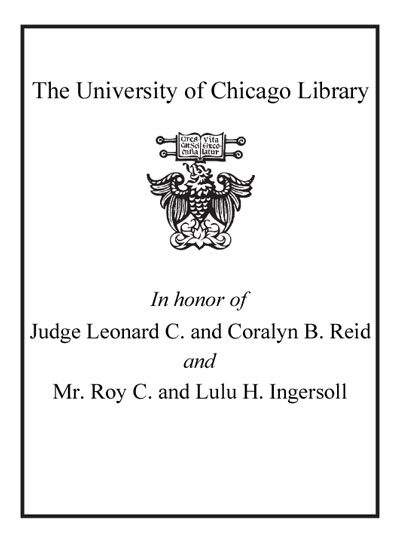Review by Choice Review
In its genre, this book, with its fluid, inviting phrasing, is exceptionally well written. It allows both the uninitiated and the knowledgeable to effortlessly find a comfortable place in the clear, lucid framing of discussions of historical and contemporary views about universalism, personal identity, personal autonomy, humanism, duties, obligations, culture, rights, universalism, and cosmopolitanism. In Chapter 4, Appiah (Princeton) offers a timely attack on (protectionist) culturalism. It is effective, insightful, and thought-provoking: "culture, like the lumiferous ether of nineteenth-century physics, doesn't do much work ... its weed like profusion can sometimes crowd out analysis." In the first chapters, Appiah clears the way for a justification of a narrative, pragmatic, particular relations-based cosmopolitanism, which is universal without the necessity of theoretical agreement. It allows individuals to develop their own socially embedded identity by the personal and political means of autonomously choosing among a diverse set of value alternatives. Appiah pushes liberalism to where some liberals do not want to go, which is sure to open further debates. Despite the serious lack of a bibliography (which would help the reader get to sources quoted) and a naive criticism of international welfare rights as potentially too costly, this book will be very appealing for a general audience. ^BSumming Up: Highly recommended. General readers. J. Gough Red Deer College
Copyright American Library Association, used with permission.
Review by Publisher's Weekly Review
Taking a descriptive rather than a prescriptive view, Appiah, the Laurance S. Rockefeller University Professor of Philosophy and the Center for Human Values at Princeton University, contends that the principles of John Stuart Mill?s philosophy of individualism as well as liberalism?s focus on autonomy, liberty and humanity provide the groundwork for an ethics of identity. Establishing what he calls a ?rooted cosmopolitanism,? Appiah (In My Father?s House) argues that such a model requires us to recognize that our own personal life-making is bound up with the ethical lives of others. Thus, as we form our own identities, we acknowledge the force of both our individuality and the force of the communities that help us construct our identities. A rooted cosmopolitanism, then, acknowledges the power of group identity-race, sex, religion?while, at the same time, cutting across group identity to foster values that enhance the greatest good for humanity. Although Appiah?s architectonic sentences sometimes appear as labyrinths with no end, his forceful arguments will enter into the conversations about society, identity and liberalism begun by Mill and carried on by John Rawls and others. (Jan.) Copyright 2005 Reed Business Information.
Review by Choice Review
Review by Publisher's Weekly Review

